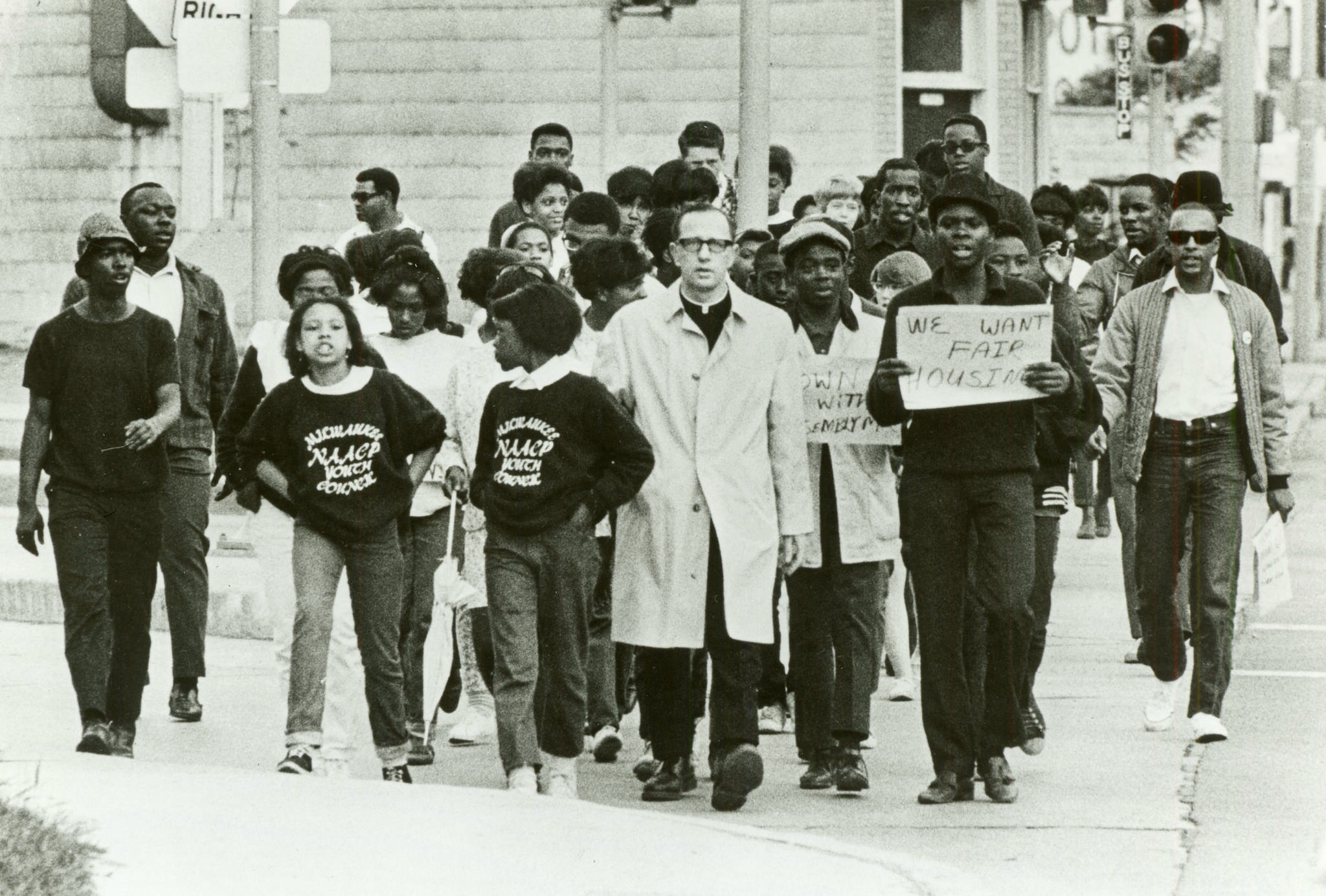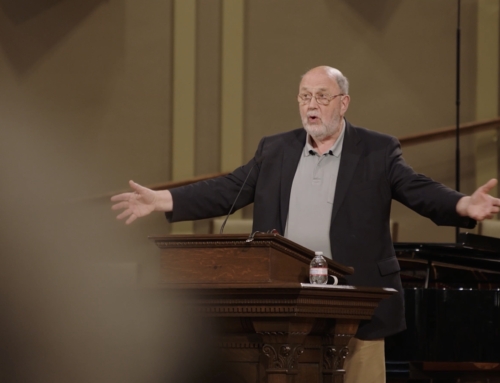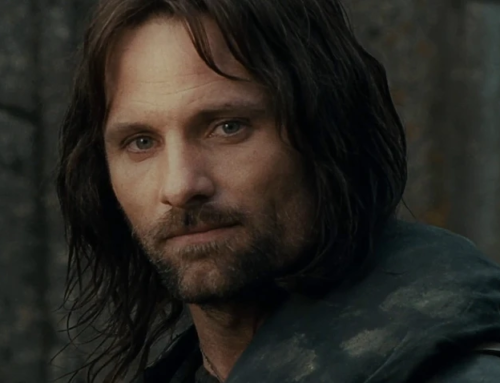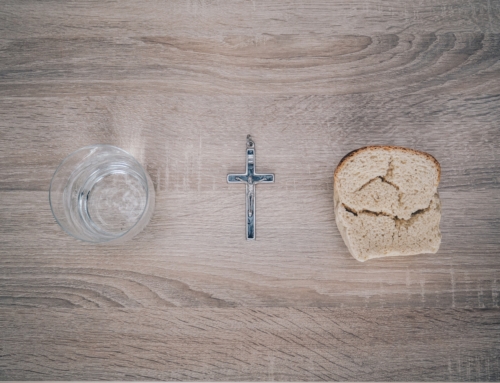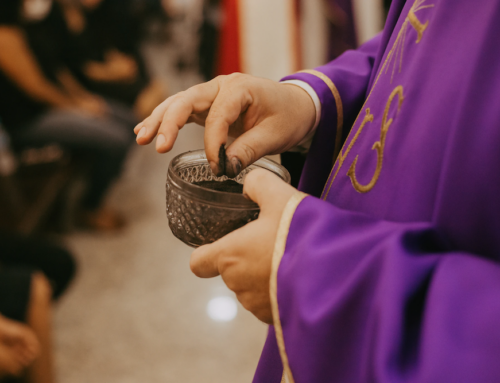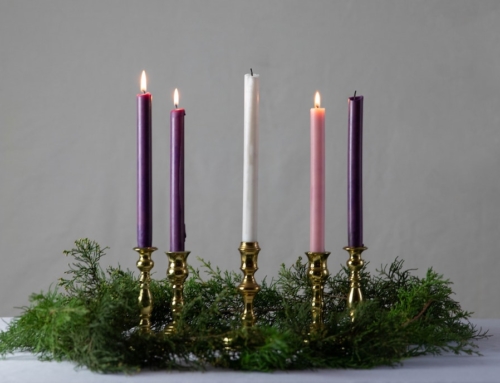Over fifty years ago, in 1967, I remember watching from my porch as police cars streamed down my street. The police had shotguns pointing out their windows. There was a curfew enacted by the City authorities. I was eleven years old, and lived in a suburb of Milwaukee, Wisconsin. Milwaukee, to this day one of the most segregated cities in the United States, was in turmoil.
The town I lived in was almost 100% white. I had no Black classmates at school. Local politicians had guaranteed this by enacting laws largely preventing Black people from living in my area. Local codes, through direct and indirect methods, doomed the majority of African American citizens to live in substandard housing. In fact, the discriminatory housing laws enacted by those in power had helped triggered the widespread riots, the results of which I was witnessing.
Fortunately, there were people brave enough to stand up to the authorities and demand a change in laws. In the way stood White counter-protesters. They didn’t want the laws changed.
Milwaukee saw 200 consecutive nights of marches during that 1967-68 season of protesting the unfair housing laws that ‘kept Blacks in their place’. A White Roman Catholic priest, Father James Groppi, would participate in and galvanize the marches. In the area where I lived, that man was scorned and hated. ‘How dare he lead such protests’, many thought. Like Dr. King, his peaceful marches were not received as peaceful by the majority White population.
An Example of Discrimination in My City
Some historical context is necessary. Just a year earlier, the local chapter of the NAACP was bombed by a member of the Ku Klux Klan. On April 5th, 1968, the day after the Rev. Dr. Martin Luther King Jr. was assassinated in Memphis, more than 1,000 students walked out of North Division High School in Milwaukee to attend a memorial service at St. Boniface Church, where Father Groppi urged them to adhere to King’s philosophy of nonviolent direct action. The message was similar to one issued by the Milwaukee NAACP. Unlike some cities, Milwaukee didn’t erupt in violence.
On April 8th, 1968 anywhere from 14,000 (Milwaukee police estimate) to 25,000 (organizers’ estimate) people marched down Wisconsin Ave. to honor Dr. King. The Milwaukee Journal Sentinel calls it the ‘biggest rights march’ in the city’s history. On April 11th, President Lyndon Johnson signed the Civil Rights Act of 1968, also known as the Fair Housing Act. The law provided for equal housing opportunities regardless of race, religion, or national origin, and makes it a federal crime to prevent that from happening.
I recently checked on the ‘covenants’ governing housing in a suburb of Milwaukee close to where I grew up. It stated: No persons other than the White race shall own or occupy any building of said tract (of land) but this covenant shall not prevent occupancy of a person other than a white race who are domestic servants of the owner or occupant of said buildings (Greendale, July 29, 1958). In some places around Milwaukee County at least, segregation remained the ‘law of the land’ even after the Fair Housing Act.
Recognising this ongoing reality, in 2018 the Milwaukee Journal Sentinel organized a series of events to tell the story of that protest season and what has happened since. They called their event the 50-year Ache.
The Most Segregated Time in America
Here we are, more than fifty years after President Johnson signed the Civil Rights Act of 1968. Most experts still agree with Malcolm X’s observation that the most segregated time of the week is Sunday morning, when people are at church. I’ve lived in the Milwaukee area most of my life. I’ve seen the evidence and I’ve seen it first-hand. For those interested, Milwaukee 53206 is an insightful documentary showing the continuing systemic bias against the African American community in Milwaukee. In other words, the problem still exists in my city; the Church must be a witness against such injustices.
I had the joy of regularly gathering with local Black pastors for about three years before Covid-19 limited our contact. I sat with these dear ministers who laboured in the heart of the City of Milwaukee. We studied Scripture together and I heard the stories of the continuing efforts by people within the ‘system’ to restrict fair housing and limit opportunities for Black men and women. Even though ‘officially’ the laws should prevent this, each one of my colleagues had stories of systemic injustice and unfair practices that continued and affected their lives.
As has become increasingly clear these past few years, racial bias in America is not limited to the African American community. Anti-Asian attitudes and hate crimes have surged during the pandemic, though this is by no means a new phenomenon. Ethnic and racial bias exists; the Church must recognise this and be vigilant to stand with those who are treated poorly (by peoples or by policies) because of their ethnicity. We exhibit God’s New Creation reality when we address and resist ethnic bias in our society. It is our obligation.
We exhibit God’s New Creation reality when we address and resist ethnic bias in our society. It is our obligation. Click To TweetWhy We Care
So, why do I write this? N.T. Wright Online is launching a new course called Ethnicity, Justice, and the People of God, featuring Prof. N.T. Wright and Prof. Esau McCaulley of Wheaton College. As an organization, we think this is an important opportunity to educate and resource God’s Church. We see clearly the continuing need for followers of Messiah Jesus to emulate what Paul wrote. ‘There is neither Jew nor Greek, slave nor free, no male or female’. The Bible is full of examples of racial injustices and of God’s initiatives through his people to combat this scourge on humanity.
Significant segments of the Christian Church have largely remained silent during these recent days of terrible treatment of marginalized populations. This is not far off from the historical reality either. Addressing these topics is to invite rage among congregants who insist that the Church is about ‘spiritual things’ rather than ‘worldly concerns’, civil rights apparently being among the latter. But we know better. We are members of those who point to the present reality of God’s New Creation work in which we are engaged. God’s justice is for now as well as for when Jesus returns at the Day of Judgement.
Prof. Wright expresses this by confirming that the call on Jesus’s followers is to stand before the ‘followers of Pontius Pilot’ and call out injustice. The clip below further explicates this point using the account in John’s Gospel.
Our first step is to engage with the Bible to understand the issues and our responsibilities. That is where Prof. Wright and Prof. McCaulley become so important to us. As biblical scholars, they can help us see what we may have missed because of our own cultural blinders. We look at church history, which points to high points of fighting injustice and also many very low points. We learn from the peaks and the valleys of the witness of the Church. It takes courage to look inside and see our own shortcomings. But that same courage to see our shortcomings also allows us to see our great power. We must not be afraid to represent God’s justice in this present age, even if it means raising the ire of friends and acquaintances.
Is there a hidden agenda? No. We state our agenda clearly: Engage in bringing God’s way of justice to this present era. To do this we must look inside ourselves, inside our subcultures, through the eyes of Scripture, and use Scripture to equip our mission. I think that is sufficient reason to welcome Prof. Wright and Prof. McCaulley into this discussion.
Ethnicity, Justice, and the People of God will be available February 17th, 2022. To learn more and to watch a free session, click here.
David P. Seemuth, PhD
Latest posts by David P. Seemuth, PhD (see all)
- Advent Reflections from the N.T. Wright Online Team - December 5, 2022
- YouTube as Public Reading of Scripture - August 29, 2022
- What I Learned From A Week With Professor Wright - June 16, 2022


